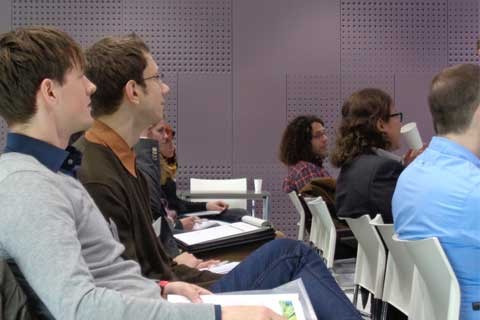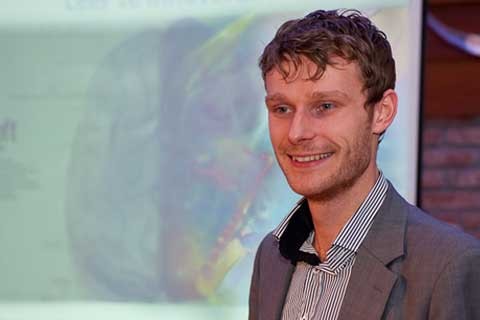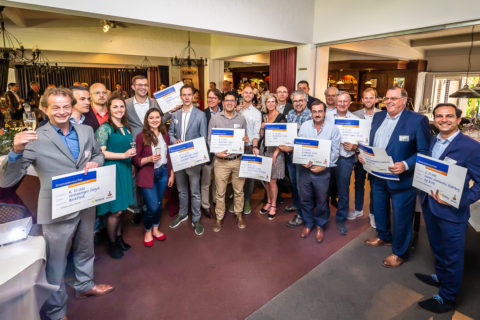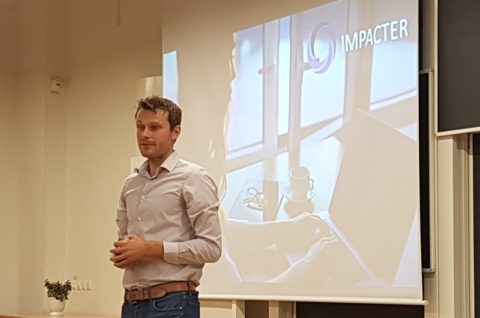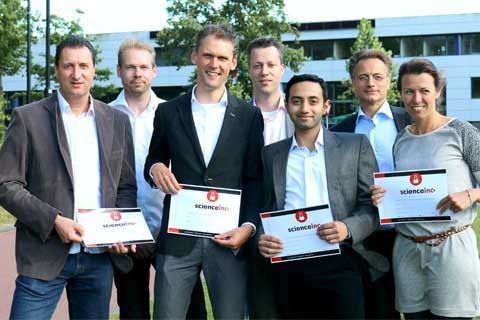In the spring of 2015, IDfuse hosted a three-session workshop at LURIS, the TTO of the University of Leiden. The participants were guided through a three stage process, working on their own case. The goal of this short program was to help the participants, who were all researchers in the humanities or social sciences faculty, to find societal value in their research and to make the first steps towards executing their knowledge utilization plan.
The program consisted of three workshops:
1. Proposition finding
Some research has very straightforward applications, but for most cases, it is harder to identify possibilities. The first workshop focused on ‘value’, and finding potential valuable applications for the research these scientists conducted. At the end of the workshop, all participants had a few possibilities of which they had to choose one possibility before the start of the second workshop.
2. Pitching
Once you have an idea about the value of your research, you need to check this in ‘real life’. First you need to check whether the organization you would like to help actually wants your help. And if they want help, do they believe that you are the right person to work with? In order to gather this feedback you need to talk to people. In order to this in the right way, you will need a pitch. This will help you to structure your story, and explain what you want in a short amount of time. The goal for the next workshop was to talk to at least three persons that are active in the field you would like to work with.
3. Cooperation strategy
After the feedback from people in ‘the market’, we need to interpret this feedback. Based on these talks, what have changed? Do we see opportunities to cooperate? And if so, what would be the best form of organizing this cooperation?
Similar workshops have since then been given at almost every other university in the Netherlands. Interested in an impact course for researchers in your organisation? Get in touch!

